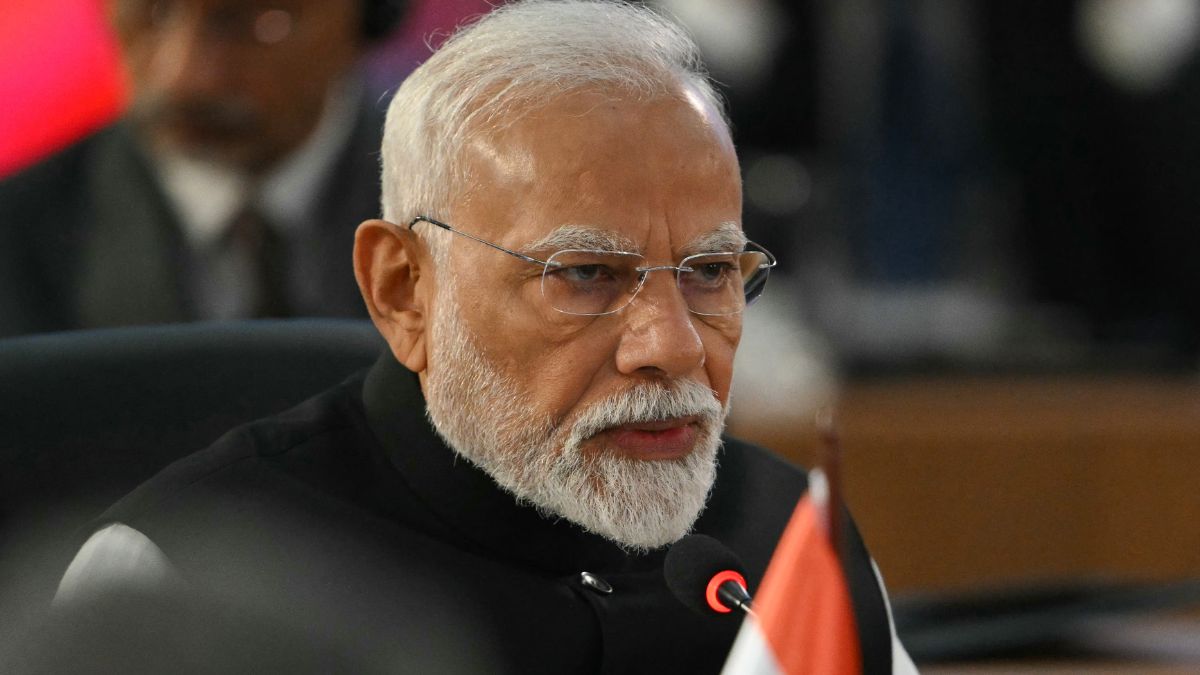Prime Minister Narendra Modi urged Brics nations to work together to secure supply chains for critical minerals and, in an indirect way, took a dig at China, saying that no country should use these resources as a “weapon” against others.
Speaking on Sunday at the Brics summit session on multilateralism, finance, and artificial intelligence, Modi also called for global rules on AI to ensure transparency and stop misuse.
His remarks come amid worries about China’s restrictions on exporting rare earth minerals and its lack of transparency in the sector.
“We need to work together to make supply chains for critical minerals and technology secure and reliable. It’s important to ensure that no country uses these resources for its own selfish gain or as a weapon against others,” Modi said.
China’s dominance in rare earth market
Critical minerals like lithium, nickel, and graphite are essential for making high-tech products such as electric vehicles, drones, and batteries. China currently dominates the global supply of these minerals.
China controls an overwhelming share of mining, refining, and processing for critical minerals, holding roughly 85–90 per cent of global rare earth element refining and around 60 per cent of lithium chemicals, 68 per cent of nickel refining, 73 per cent of cobalt refining, and 99 per cent of battery-grade graphite production.
In 2024, it accounted for about 75 per cent of global processing capacity for key minerals like copper, lithium, cobalt, graphite, and rare earths.
This dominance extends upstream through major investments in mines across Africa and Latin America and downstream into refining, component manufacturing, and EV battery factories.
Impact Shorts
More ShortsChina’s tight grip gives it strategic leverage but also poses risks for Western nations, as any disruption or export controls—especially on rare earths and graphite—could severely impact global technology and clean energy supply chains. As a result, Western governments are urgently seeking alternative sources and building up their own processing capacities.


)

)
)
)
)
)
)
)
)



